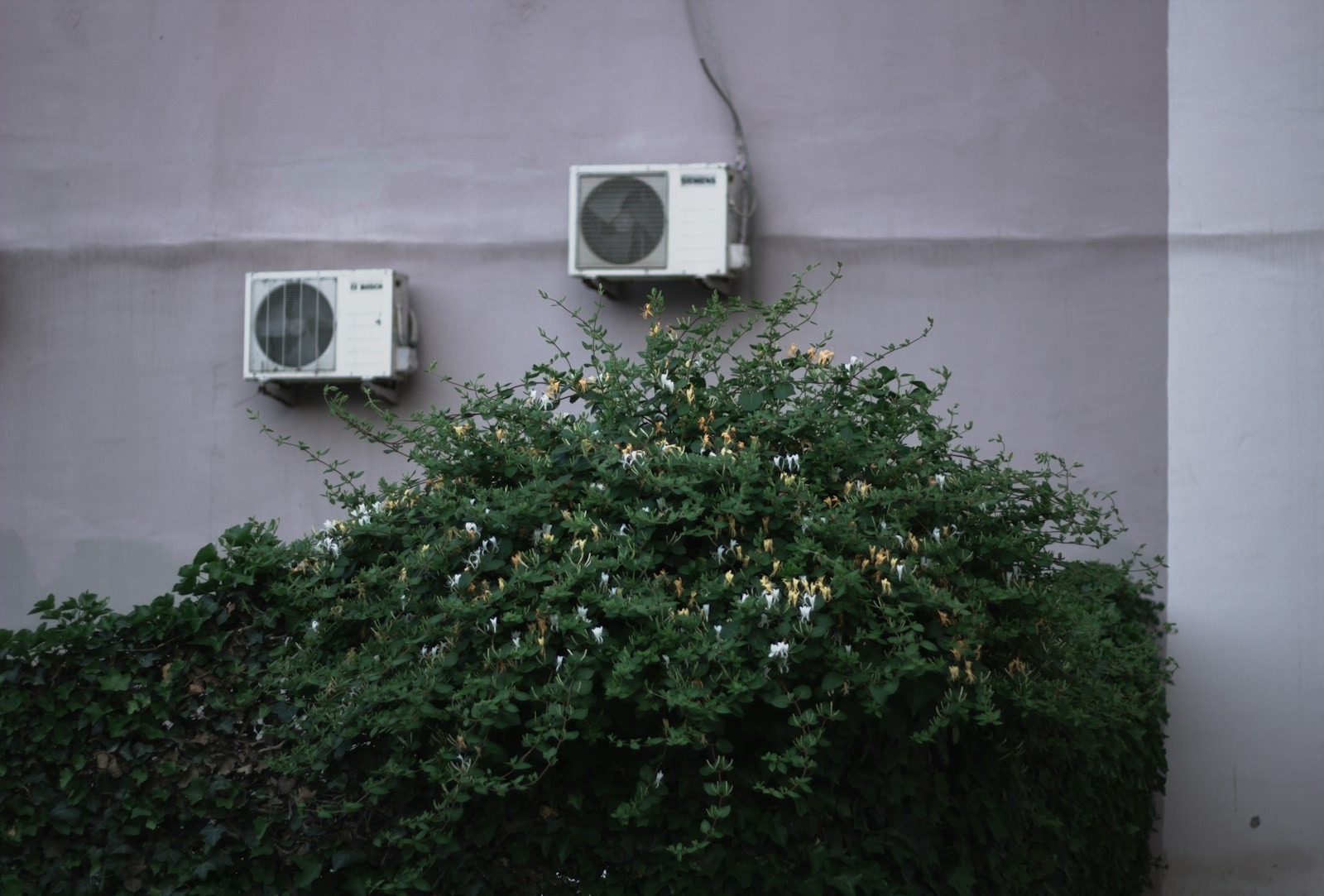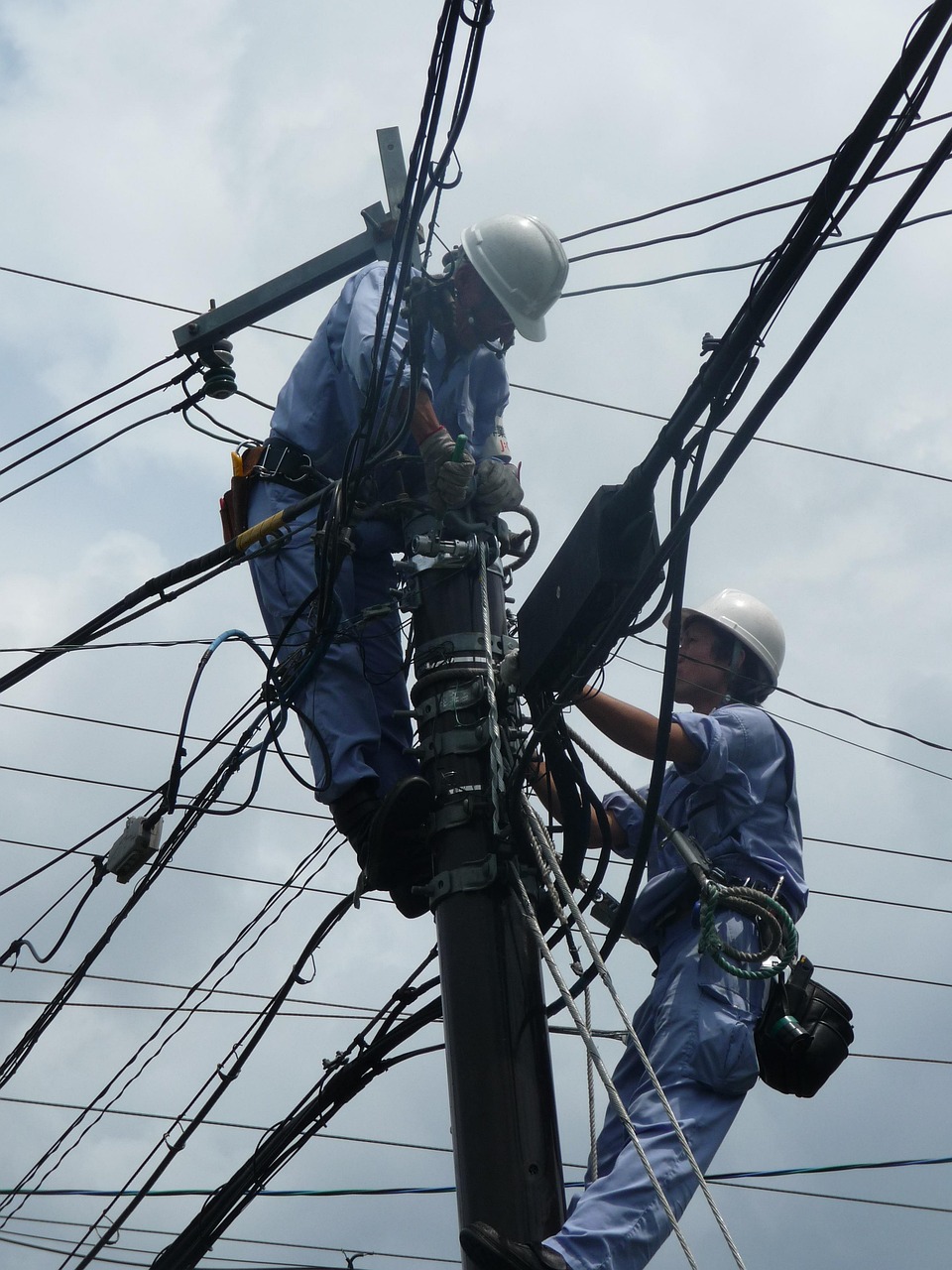Air conditioning units are a significant investment in the comfort of our homes and workplaces. They offer relief during scorching summer months, ensuring a cool and pleasant environment. However, like any appliance, air conditioners have a finite lifespan and will eventually experience wear and tear. When your old AC unit begins showing signs of malfunction, you’re often faced with the dilemma: should you repair it, or is it time to replace it? The answer to this question depends on various factors, including the age of the unit, the cost of repairs, its efficiency, and your long-term needs. Sometimes it’s best to call AC repair in Kaysville, Utah.
Age of the Unit
The age of your air conditioning unit plays a crucial role in determining whether a repair or replacement is the best option. Most air conditioning units last between 10 to 15 years, depending on how well they have been maintained. If your AC is relatively new (under 10 years old) and only experiencing minor issues, repairing it may be a cost-effective solution. On the other hand, if your unit is older than 10 years and requires significant repairs, replacing it may be more economical in the long run.
Aging units tend to be less energy-efficient and may not meet modern cooling demands. Newer models typically have advanced technology that can cool more efficiently, saving you money on energy bills. Therefore, if your old unit is nearing the end of its lifespan, it might be more cost-effective to invest in a new one.
Cost of Repairs vs. Replacement
Another major consideration is the cost of repairs. If the repair is minor and inexpensive, such as fixing a thermostat or replacing a capacitor, it may make sense to repair the unit. However, if the repair involves replacing a major component, such as the compressor or the evaporator coil, the cost could be high. In such cases, replacing the AC unit could be more economical in the long term.
A general rule of thumb is that if the cost of repairs is more than 50% of the cost of a new unit, it may be time to replace the AC. Additionally, consider how often your unit has required repairs in the past. Frequent repairs can add up quickly and could indicate that the unit is becoming unreliable and prone to future breakdowns.
Energy Efficiency
As energy efficiency becomes increasingly important, it’s essential to consider how your old unit compares to newer models. Older air conditioners are typically less energy-efficient than modern ones, leading to higher electricity bills. Newer models are designed to meet more stringent energy efficiency standards, and many come with features like programmable thermostats and variable speed fans that can further reduce energy consumption.
If your current AC unit is consuming a lot of energy and driving up your utility costs, replacing it with a newer, more energy-efficient model could result in significant savings over time. You might even qualify for rebates or tax incentives for upgrading to an energy-efficient model, making the replacement more affordable.
Environmental Impact
Another important factor to consider when deciding between repairing and replacing your AC unit is its environmental impact. Older air conditioners often use refrigerants that are harmful to the environment, such as R-22, which has been phased out due to its contribution to ozone depletion. If your AC uses R-22, it may be increasingly difficult and expensive to recharge it with the required refrigerant.
Newer models use eco-friendly refrigerants like R-410A, which have a smaller environmental footprint. By replacing your old unit with an energy-efficient model, you can reduce your carbon footprint and contribute to environmental sustainability. This is especially relevant if you’re concerned about climate change and want to make environmentally responsible choices.
Long-Term Considerations
While repairing your old AC unit may be tempting, it’s important to think about the long-term implications. Even if a repair restores your unit to working order, it may not perform as efficiently as a new unit. This means that you could continue to face high energy costs, frequent breakdowns, and an uncomfortable living or working environment.
A new AC unit, though a more significant initial investment, offers a fresh start. It will likely last longer, operate more efficiently, and require fewer repairs. In addition, modern air conditioning units come with improved features, such as quieter operation, better filtration systems, and smart connectivity, all of which enhance comfort and convenience.
Deciding whether to repair or replace your old air conditioning unit depends on several factors, including the age of the unit, the cost of repairs, energy efficiency, and environmental considerations. If your unit is old, inefficient, and requiring costly repairs, replacing it with a newer, energy-efficient model may be the most cost-effective and sustainable choice. However, if the unit is relatively young and the repairs are minimal, repairing it might make sense.
Ultimately, it’s important to weigh both short-term and long-term costs and benefits. Consulting with a professional HVAC technician can provide valuable insight into the best option for your specific situation, ensuring that you make a decision that will keep your home cool and comfortable for years to come.



